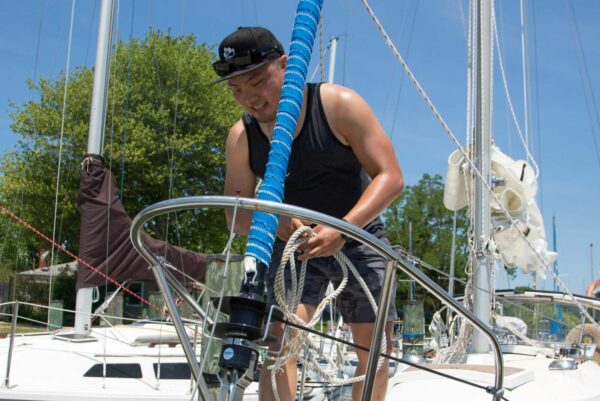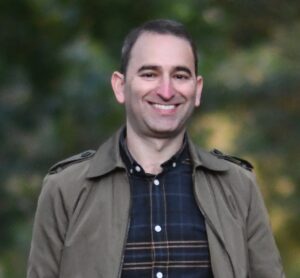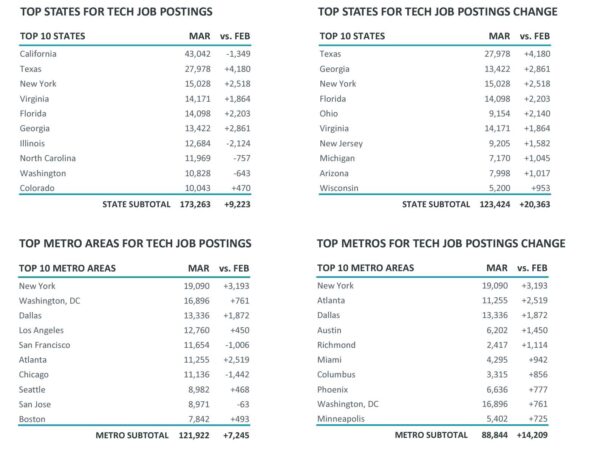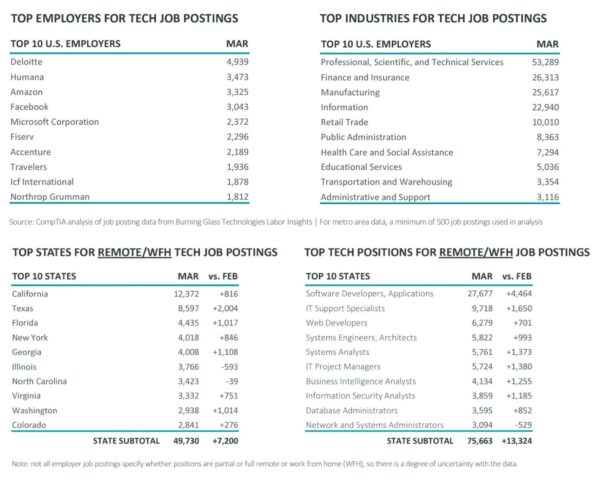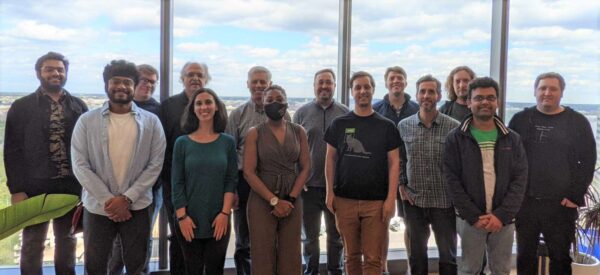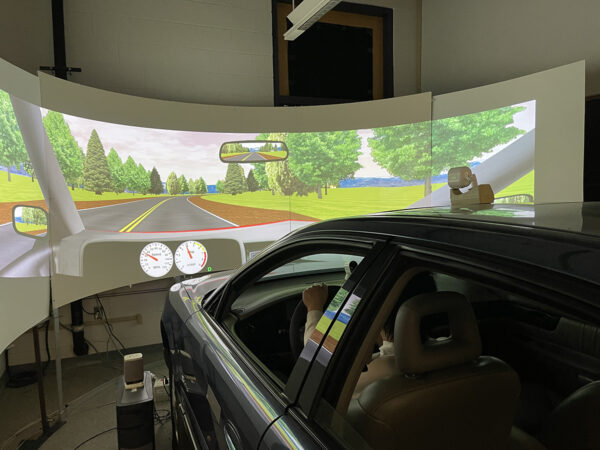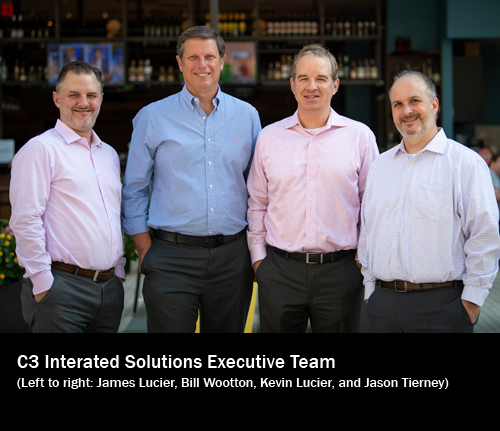
Sponsored by Monday Properties and written by ARLnow, Startup Monday is a weekly column that profiles Arlington-based startups, founders, and other local technology news. Monday Properties is proudly featuring 1515 Wilson Blvd in Rosslyn.
Ostendio, an information security management company, has completed its first significant round of venture capital funding since its founding in 2014.
Company leaders said they hope the funding will help them further develop, market and provide customer service for Ostendio’s leading product: the MyVCM Trust Network. The software platform lets small and mid-size companies securely share information with third-party sellers and security auditors and demonstrate their compliance with security regulations — or find the help they need to get on track.
“Our main goals are to increase awareness of the Ostendio MyVCM platform and to grow the MyVCM Trust Network, [which] connects organizations with their vendors to help them safely share security information,” company spokeswoman Miranda Elliott said. “The funding will be used to expand the network of auditor partners, as part of the MyVCM Auditor Connect feature, and to expand our vendor risk management solution, MyVCM Vendor Connect.”
The amount of the funding was not disclosed.
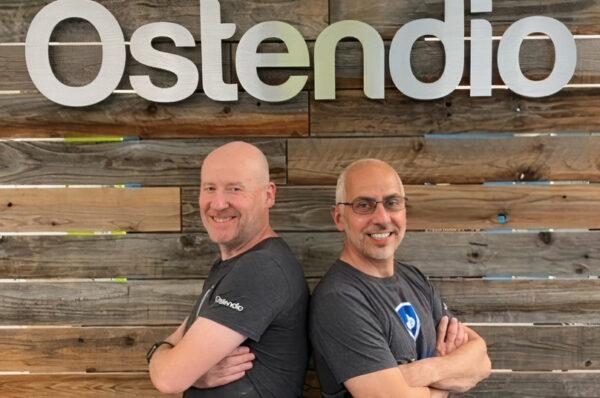
Since launching in Rosslyn in 2014, Ostendio has grown to 30 employees and more than 100,000 user activities per month on the MyVCM Trust Network platform. Elliott said that Ostendio aims to have 50 employees by the end of the year. In 2019, the company moved into a larger office in Arlington Tower (1300 17th Street N.) to accommodate its growing team. Ostendio aims to have 50 employees by the end of the year.
“With this investment we will help many more companies move away from the arcane and episodic security audit process, helping them to transition to an always on, always auditable, always secure alternative,” Ostendio CEO and Chairman Grant Elliott said in a press release.
The financing round, led by Philadelphia-based Osage Venture Partners, began in early 2020 but had to be put on hold until the fall of 2020 due to the pandemic.
“We were impressed by both the magnitude and simplicity of Ostendio’s vision in a very large market where innovation is long overdue, particularly as security and compliance requirements proliferate,” said OVP Partner Sean Dowling, who will join Ostendio’s Board of Directors.



